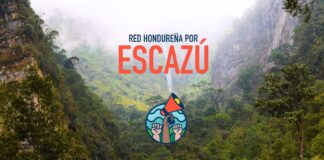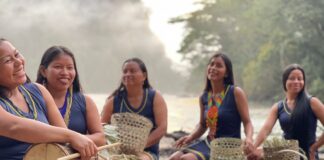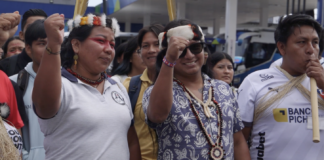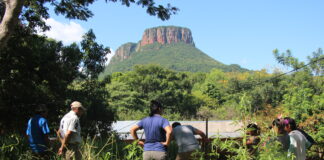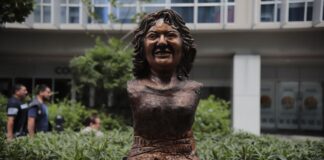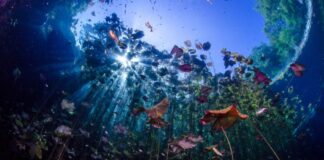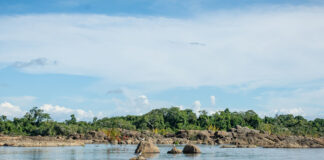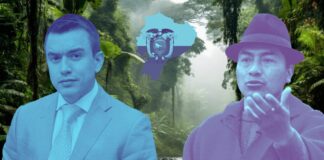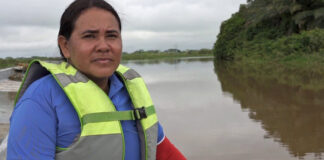Environmental Defenders
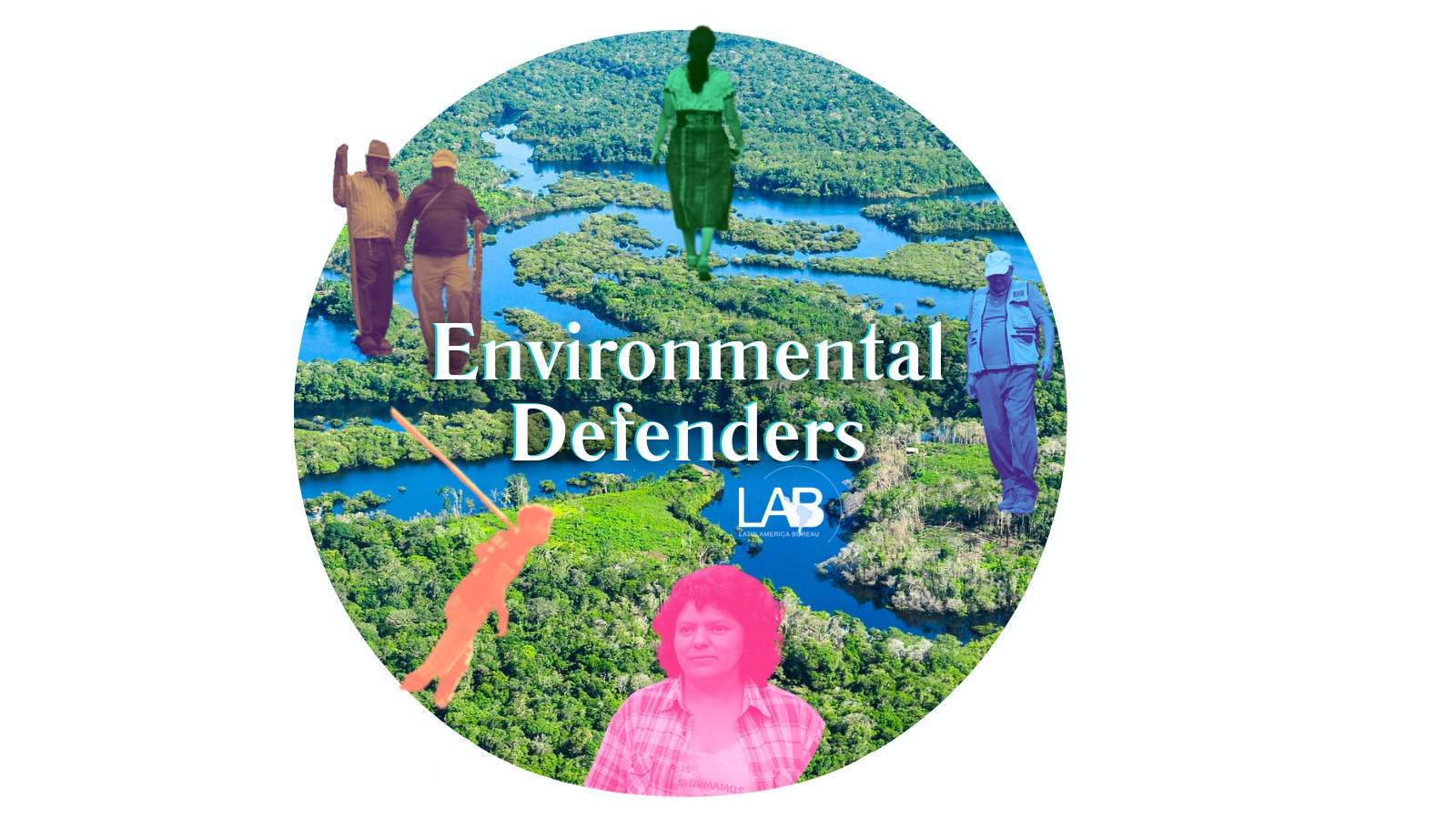
Latin America is the most dangerous region in the world to be an environmental defender. But this doesn’t stop activists, territorial guards, Indigenous communities, and environmental associations from doing their job.
Policymakers have taken some steps to address the violence. The Escazú Agreement was adopted to facilitate access to information and increase justice in environmental matters in Latin America and the Caribbean. In 2022, the first ever UN Special Rapporteur on Environmental Defenders took office with a mandate to enforce the protection of environmental activists by their national governments, and the E.U. is voting on due diligence supply chain regulations that would require companies to avoid human rights and environmental violations.
This article series documents some of the work of environmental defenders in different Latin American and Caribbean countries, highlighting both the dangers they face and their achievements in defending their habitats and communities.
We aim to inform, motivate, and connect an English-speaking public with the inspirational stories of grassroots defenders’ work in Latin America and give defenders from countries where their battles are under-reported a greater voice.
We are working in partnership with trusted Latin American independent outlets. Find a full list, as well as further details of the series, here.
Help us bring these stories to a wide audience by sharing them widely on social media.
Have you got a story for us?
We’re looking for stories which document the work and amplify the voices of grassroots EDs in Latin America. We’d like to show a geographical diversity in our reporting. Tone: inspirational, motivational, accessible. See our full pitching guide here.

